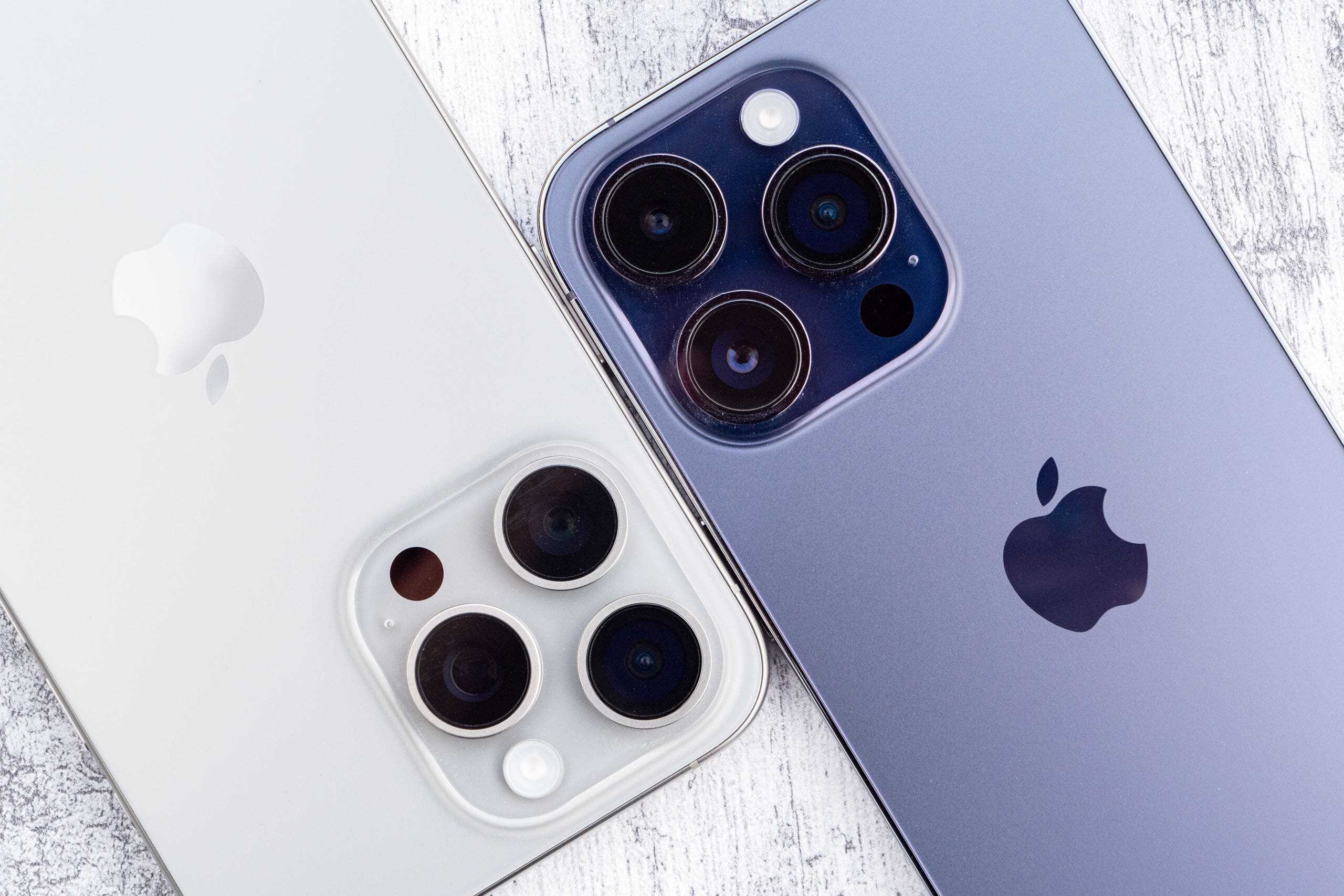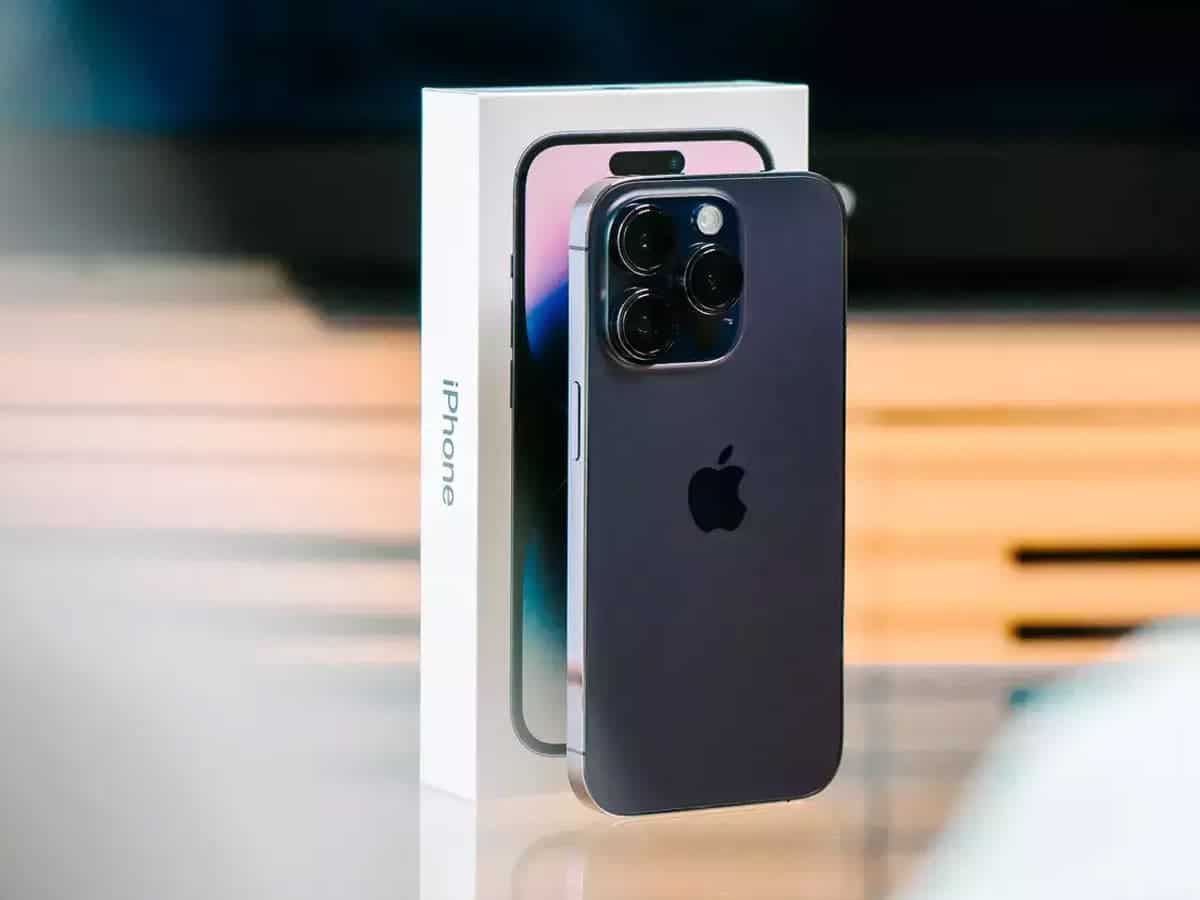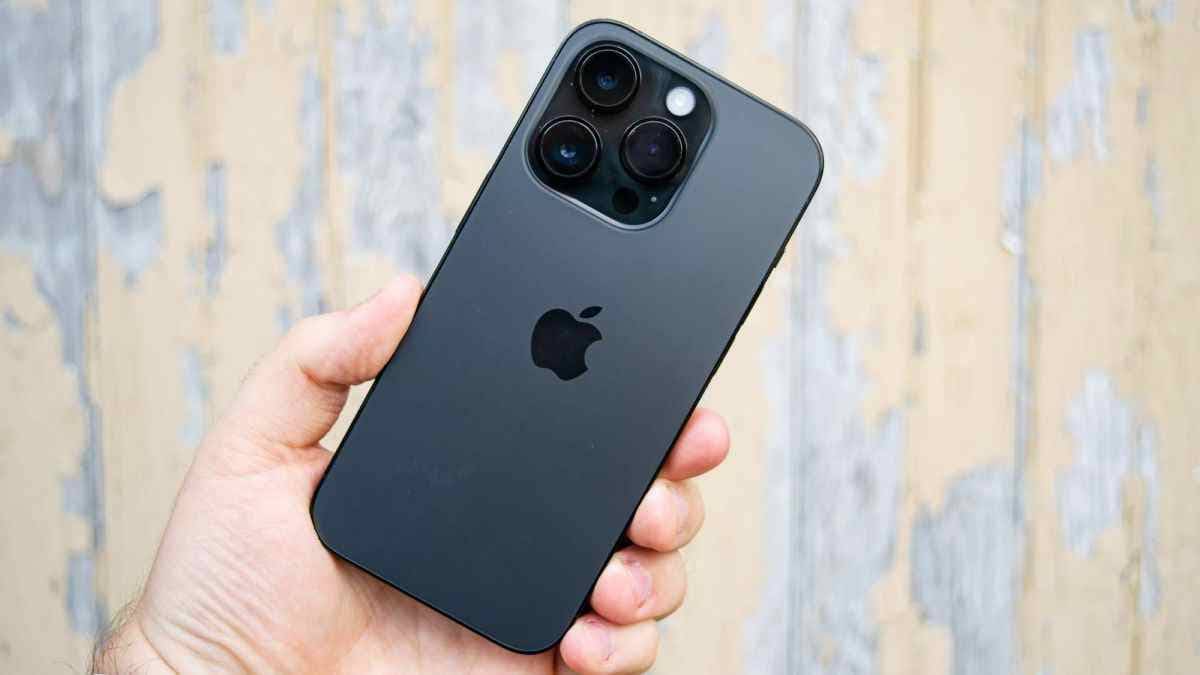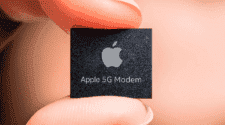In a significant legal development, the U.S. Department of Justice, along with 16 state and district attorneys general, has jointly filed an antitrust lawsuit against Apple, accusing the tech giant of illegally monopolizing the smartphone market. This lawsuit sheds light on various allegations against Apple, highlighting concerns related to pricing, consumer interests, developer restrictions, and market dominance. The case was filed in the Federal District Court of New Jersey. This lawsuit has been brewing for a long time. Furthermore, we can trace the origin of this case back to reports in June 2019 that relevant departments would launch an antitrust investigation into Apple.

Allegations of Monopoly Power and Consumer Harm
The U.S. government’s case against Apple revolves around the accusation that the company has utilized its monopoly power to extract more money from consumers, developers, and various stakeholders. By imposing contractual restrictions selectively and limiting user access to key features of the iPhone, Apple is alleged to have stifled competition and innovation in the smartphone market. The lawsuit also contends that Apple’s actions have led to higher prices for consumers. It has also hindered the interests of developers and businesses.
The U.S. Department of Justice wrote in a press release.
“Apple exercises its monopoly power to extract more money from consumers, developers, content creators, artists, publishers, small businesses, merchants, and others,”
Specific Claims of Anticompetitive Behavior on the Apple antitrust lawsuit
The lawsuit outlines several ways in which Apple maintains its monopoly position through anti-competitive practices:
1. Restricting Innovation: Apple is criticized for limiting the growth of “super apps” that could enhance user experience and potentially reduce consumer dependence on iPhones.
2. Blocking Streaming Services: Allegations suggest that Apple has impeded cloud gaming services and other streaming applications that could lessen the need for high-end hardware.
3. Quality Suppression: There are concerns about how Apple allegedly degrades SMS delivery between iPhones and competing platforms like Android.
4. Limiting Smartwatch Functionality: The lawsuit highlights how Apple restricts third-party smartwatches’ functionality when paired with iPhones, potentially hindering user choice.
5. Limiting third-party payments: The lawsuit says Apple prevents third-party developers from creating competing digital wallets with “tap to pay” functionality for iPhone.
Jonathan Kanter, head of the Justice Department’s antitrust division, said in a statement.
“For years, Apple has responded to competitive threats with a series of ‘whack-a-mole ‘-style contract clauses and restrictions that have allowed Apple to charge higher fees from consumers and higher fees from developers and creators. fees and stifle alternatives from rival technologies,”

Apple’s Response
In response, Apple responded that the lawsuit threatened the company’s core values and that they would fight to the end. The company said
Gizchina News of the week
At Apple, we innovate every day to build technology people love—designing products that work seamlessly together, protect people’s privacy and security, and create amazing experiences for their users. This lawsuit threatens our identity and the principles that make Apple products stand out in a fiercely competitive marketplace. If successful, it will prevent us from creating the technology that people expect Apple to deliver – technology at the intersection of hardware, software and services. It would also set a dangerous precedent that would allow governments to take drastic measures when designing human technology. We believe the lawsuit is wrongful on both facts and law, and we will vigorously defend it.
Legal Battle and Industry Impact
The legal battle between Apple and the U.S. government signifies a broader push for fair competition in the tech industry. The case also reflects a growing trend of antitrust enforcement aimed at addressing monopolistic practices by major tech companies like Apple. The lawsuit’s implications extend beyond legal ramifications to potential changes in how technology companies operate and interact with consumers.
Developer Discontent and Global Regulatory Landscape
Developers have expressed dissatisfaction with Apple’s iOS platform’s closed and opaque App Store ecosystem, particularly regarding the commission fees of 15% to 30% that Apple requires developers to pay for apps sold on the App Store. This issue has been highlighted by Spotify, which operates a paid subscription service subject to these fees. Furthermore, developers are concerned about Apple’s practice of selling its apps on the App Store, which competes with third-party apps, raising doubts about fair competition in the market.
In response to these concerns, lawmakers in the United States have introduced bills like the Open App Markets Act as well as the American Innovation and Choice Online Act to prevent tech giants like Apple from favouring their products over competitors in their marketplaces. However, these bills have not yet passed a vote in Congress.
In contrast, Europe has taken steps to address the monopoly power of technology giants like Apple through the Digital Markets Act. The European Commission recently fined Apple 184 million euros following a complaint from Spotify regarding restrictive practices on the App Store. The EU investigation found that Apple limits streaming music app developers from fully informing iOS users about alternative and cheaper music subscription services available outside the App Store.

This regulatory action in Europe reflects a proactive approach to curbing the dominance of tech gatekeepers. It also ensures fair competition in digital markets. Furthermore, it sets an example for other regions striving to address similar concerns related to app store practices and competition regulations.
Conclusion
As the legal battle unfolds, the outcome of this antitrust lawsuit against Apple will have far-reaching implications for the tech industry’s competitive landscape. The case underscores the importance of ensuring fair competition, protecting consumer interests, and fostering innovation in a rapidly evolving digital ecosystem. It also signals a shift towards increased regulatory oversight aimed at curbing monopolistic practices among tech giants.
In conclusion, the antitrust lawsuit against Apple represents a pivotal moment in tech regulation, highlighting the complexities of balancing innovation with competition while safeguarding consumer rights in a digital age marked by technological advancements and market dominance challenges.





